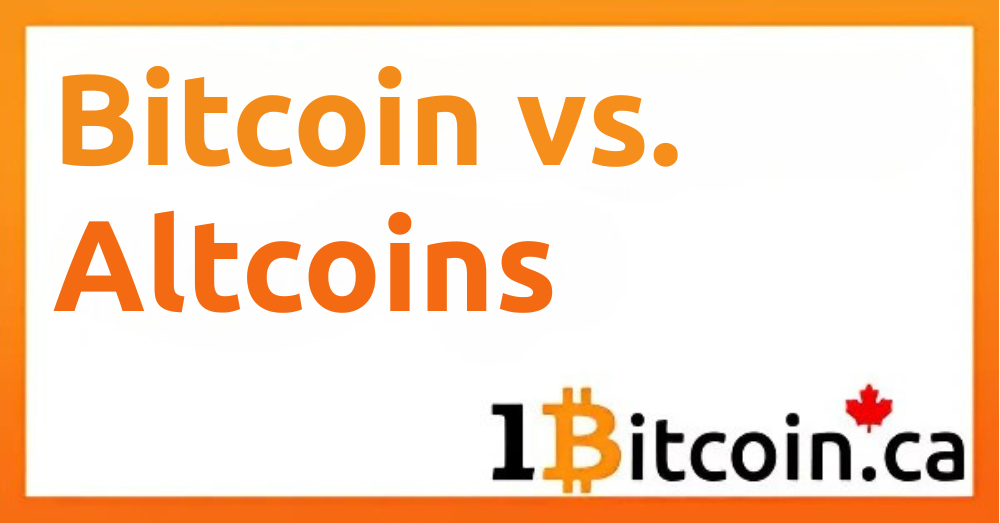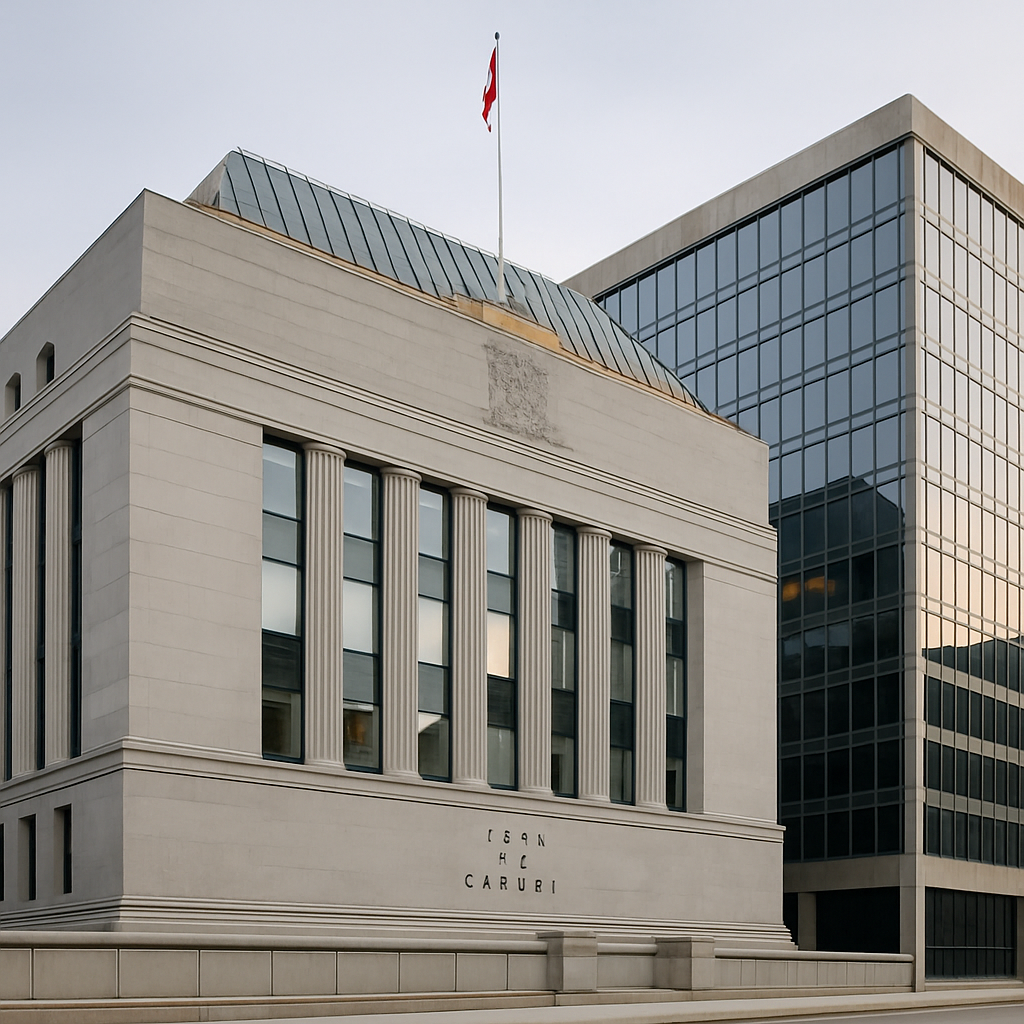Why Bitcoin Stands Out – Avoiding the Noise of Thousands of Coins
If Bitcoin was the first, why are there now thousands of others?
Since Bitcoin launched in 2009, developers and entrepreneurs have tried to build on its idea. Some projects aimed to make transactions faster. Others promised features like “smart contracts” or claimed to unlock bigger profits. Over time, this flood of new cryptocurrencies became known as altcoins (short for “alternative coins”).
But while many altcoins have come and gone, Bitcoin has remained the leader. Understanding why can help you cut through the noise and avoid being overwhelmed.
Bitcoin came first and stayed focused
Bitcoin wasn’t created to be flashy. Its inventor, the mysterious Satoshi Nakamoto, wanted to solve a single, powerful problem: how to send money online without banks or middlemen.
To achieve this, Bitcoin introduced a groundbreaking system that is:
- Open: Anyone can use it, no permission required.
- Decentralized: No company or government controls it.
- Secure: Transactions are protected by strong cryptography and verified by a global network.
This focus on being reliable digital money has never wavered. Meanwhile, altcoins often experiment with new ideas, but many shift direction or disappear entirely.
What makes Bitcoin different?
Here’s why Bitcoin continues to stand out from the crowd:
- Truly decentralized – No CEO, no headquarters, and no marketing department. Bitcoin is run by its global community.
- Proven security – In over 15 years of operation, Bitcoin’s core network has never been hacked.
- Scarcity built in – Only 21 million bitcoins will ever exist, making it one of the rarest digital assets in the world.
- Adoption everywhere – From individuals saving in Bitcoin to companies, institutions, and even governments, Bitcoin has the broadest support in the cryptocurrency ecosystem.
Altcoins may offer different features, but few can match Bitcoin’s level of trust, stability, and staying power.
Altcoins can be risky
Not all altcoins are scams, some are genuine experiments that push technology forward. Ethereum, for example, pioneered smart contracts, which opened up new use cases like decentralized apps and NFTs.
But many others are risky:
- Some collapse because their technology doesn’t scale.
- Others get abandoned when developers lose interest or funding.
- Too many are outright scams designed to pump and dump, leaving investors with losses.
For beginners, chasing “the next big thing” can feel tempting, but it’s often stressful and costly.
Bitcoin’s Strength: Trust Earned Over Time
What sets Bitcoin apart isn’t hype. It’s time and transparency.
- Bitcoin has been running for over a decade without interruption.
- Its code is open source, so anyone can audit it.
- It has weathered multiple financial cycles, proving its resilience.
Altcoins might make bold promises, but Bitcoin has consistently delivered on its original mission: a decentralized, borderless form of money.
A helpful rule when starting out
You don’t need to understand every crypto project to get started with Bitcoin. In fact, focusing on Bitcoin alone often makes the learning journey clearer and less stressful. You can always explore more later, but starting with the strongest foundation just makes sense.
Building your foundation with Bitcoin is like learning the basics of money and investing before diving into complex strategies. It gives you confidence and helps you avoid costly mistakes.
Final Thoughts
In a world of flashy promises and thousands of coins competing for attention, Bitcoin stands out as the original, most trusted, and most widely adopted cryptocurrency. It doesn’t try to be everything. It focuses on being sound digital money.
For newcomers, that simplicity is powerful. Start with Bitcoin, build your knowledge, and remember: you don’t need to chase every new coin to benefit from this revolution.




